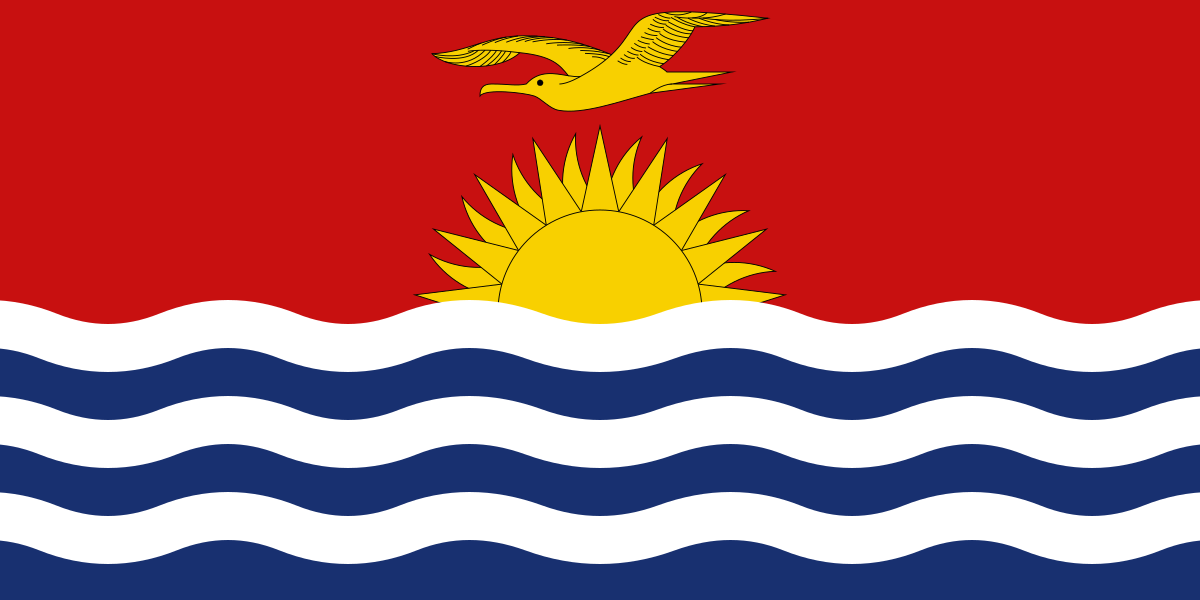Kiribati completed its TNA process in 2025 as part of the TNA IV. The project has supported the country in identifying key technologies that can strengthen the island’s resilience to climate change, as well as mitigate greenhouse gas emissions.
As far back as 1989, the United Nations listed Kiribati as one of the countries at risk from rises in sea levels. The island is affected by storm surges that cause inundations, causing deterioration of the island’s agricultural productivity and infrastructure, and by coastal erosion and bleaching.
In its NDC, Kiribati mentions the energy sector as a key focus in terms of GHG emissions reductions. As a result, the country aims to promote the use of renewable energy sources such as solar PV and mini-grids.
When it comes to building resilience to climate change, the country aims to increase its water and food security using both integrated and sector-specific approaches, and to promote healthy and resilient ecosystems. Kiribati’s NDC also mentions, among other sectors, public health, infrastructure and land management as key sectors for adaptatio
Participation in the TNA process supports Kiribati to achieve SDGs:








